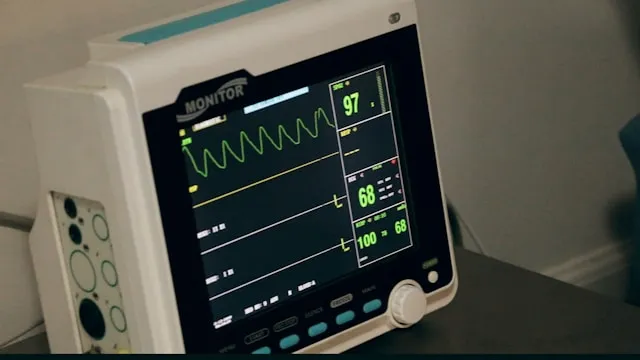Inherited or genetic medical conditions run in a family as they occur due to changes in genes that pass from one generation to another. There are many heart diseases which are inherited by individuals so it is very important to know the relationship between genes and heart disease. Ailments such as a blockage in arteries or high blood pressure occur due to a number of genetic changes. Individually, they have minor effects on a person but collectively they make the condition worse and leads to chronic diseases. Genetic testing could be done in this situation. Heart diseases that are less commonly inherited also occur by little genetic changes and play a major role in causing diseases. These are known as mono-genic conditions. Some of the inherited heart conditions affect the electric system of the heart and makes its rhythms abnormal leading to cardiac arrhythmia. Read about Familial Heart Diseases All these conditions need medical therapy and lifestyle changes. Special attention for inherited heart diseases are not only required for the patient but also for the family to help cure the problems faced by relatives.
How does family history affect a person?
The basic element of inheritance is genes that gives instructions to cells that carry out all the vital functions of the body and assist in the formation of physical features. There are more than 20000 genes in the body and each gene has 2 copies - one inherited from the mother and the other from father. Genomic conditions are triggered by changes in one or more genes passing on to the next generation. When a normal copy of gene gets combined with its copy inherited from family, chances of passing on a heart disease increases. It is worth noting that no single gene can increase the risk of cardiovascular disease; in fact several genes are liable to do so. Lifestyle habits including poor diet and smoking add to the risk of cardiovascular diseases.How can the risk of heart diseases be reduced in spite of having a family history?
Unfortunately, nobody can change family history. Heart disease due to inheritance is called as non-modifiable risk factor i.e. risk factor that cannot be changed. Whilst family background, genes and heart disease history could not be changed, but choosing an appropriate lifestyle may reduce the chances of getting heart ailments. It may include:- Consumption of nutritious diet
- No smoking
- Control on diabetes
- Acceptable cholesterol levels
- Check on high blood pressure
- Control on body weight
How to determine the inheritance of cardiovascular disease?
The first step in determining whether the cardiovascular diseases are inherited is to draw a family tree on which information about the family members should be written i.e. who is affected, medical history, who is facing the risk and the pattern of inheritance. After gathering and evaluating all this information, one can analyse the inheritance of the disease.What is testing of genes and heart disease? What it tells?
Genetic testing is a procedure in which a sample of an individual's DNA is taken so that changes occurred in genes and heart disease risk can be found out. The observation of significant changes in genes is named as pathogenic mutations, means disease-causing. Genetic testing could be made of the following:- To know the reason for a mutation in genes and heart disease in the family.
- A suspected person's diagnosis helps to clarify whether the ailment is inherited or not.
- To make an assumption about other family members as they are also at risk of developing ailment.
- To protect the offspring from these diseases, various family planning options are provided.
- It must be understood that inheriting mutation does not guarantee the development of diseases; it only increases the risk factor of passing the heart diseases from one generation to another.
List of Trusted Cardiologists in India

Reviewed by







